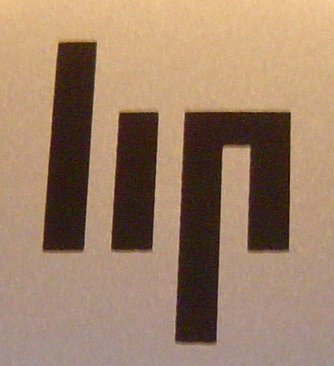Jens Beckmann
Completed PhD project
Part of the project 'Moral Economies? Workers’ Self-Management of Industrial Enterprises in Western Europe in the 1970s and 1980s', funded by the German ‚Stiftung Bildung und Wissenschaft’, running from 1 October 2012 to 30 September 2014.
When the watchmaking workers of LIP in Besançon were facing redundancy and the enterprise was threatened with bankruptcy in 1973, they resolved to occupy the factory and began to produce and sell watches on their own account. Their motto ‘on fabrique, on vend, on se paye’ became symbolic both for new ways of labour conflict and the possibility of production under workers’ control. In France and throughout Europe, the LIP struggle soon became a model – the epitome of self-management (‘autogestion’). When in 1976, under a new director, the firm had to declare bankruptcy for a second time, another long occupation of the factory (work-in) followed. Finally, from autumn 1977 onwards, the LIP workers founded several co-operatives to secure the employment of at least some of the workforce.
This project analysed the changes in production, products and communication and negotiating patterns at LIP between 1973 and 1983. It looked at the ways in which the different actors perceived the crisis of both LIP and the watch industry in France, and how their individual and collective perspectives on work and life changed in the course of events. It asked which ways the self-governed factory and the new co-operatives differed from the old enterprise and others of the same industrial branch, and which new divisions of labour, gender relations and hierarchies, in short which ‘economic culture’, the co-operatives produced.
Jens Beckmann successfully defended his doctorate on 28 June 2017 at the University of Potsdam.

